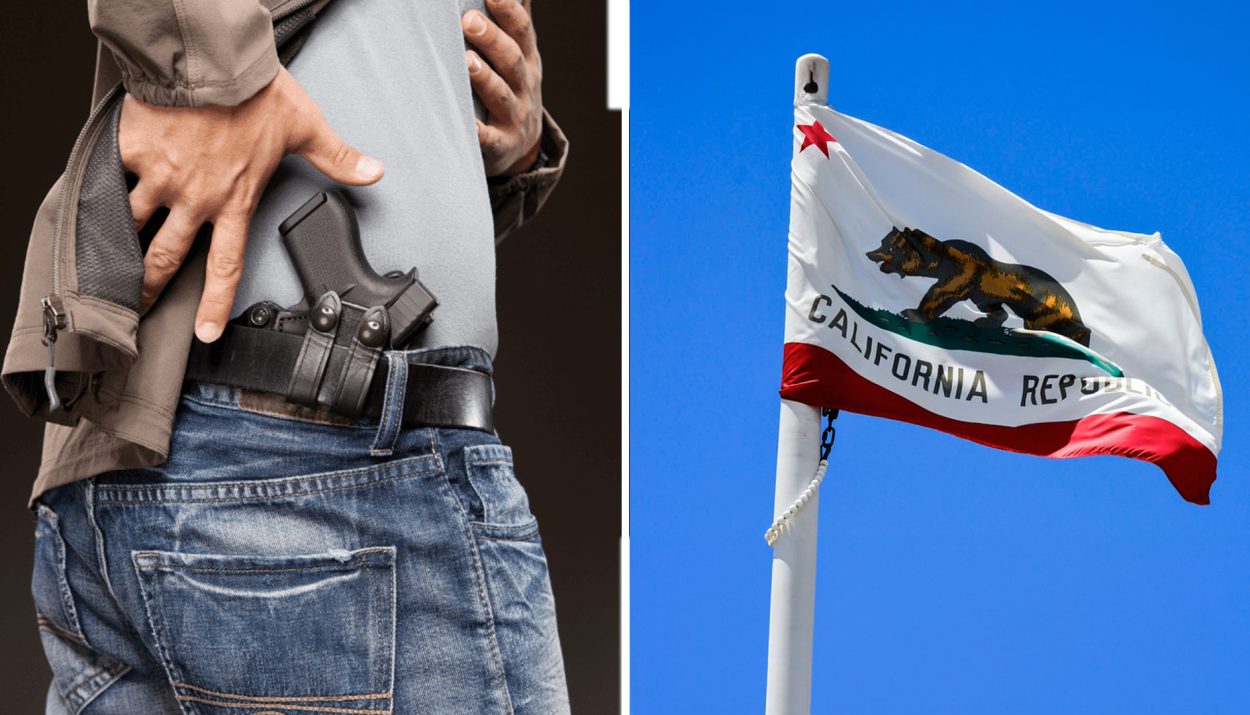In a bold move, California Democrats are pushing for a new gun legislation that would overhaul the state’s current one-time registration system. The proposed bill, SB 1160, aims to introduce an annual registration requirement for gun owners, coupled with a fee paid to the state. This development has sparked intense debate among lawmakers and citizens alike.
SB 1160: A Closer Look At The Proposed Legislation
The proposed bill, SB 1160, seeks to replace California’s existing one-time gun registration system with an annual registration requirement. Under this new legislation, gun owners would be required to register their firearms every year and pay a fee to the state. The collected fees would be deposited into a fund specifically created to finance the firearm registry program.
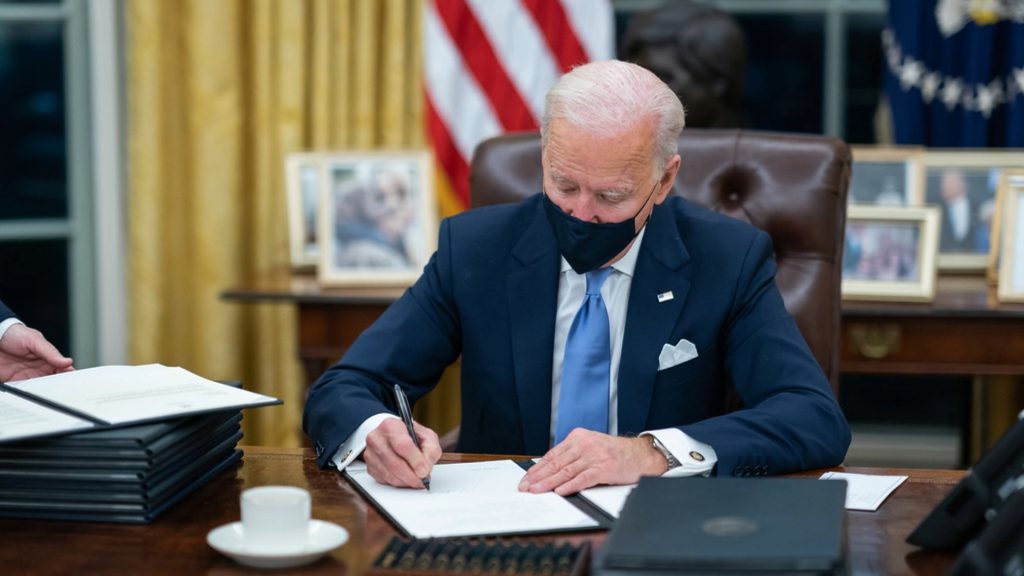
Moreover, the bill would make possession of an unregistered gun a punishable infraction, effectively creating a new local program. This provision aims to ensure compliance with the annual registration requirement and discourage the possession of unregistered firearms. The proposed legislation has garnered attention from both supporters and critics.
California’s Existing Gun Laws: Stringent Yet Challenged
California is already known for having some of the most stringent gun laws in the United States. The state has been rated #1 by Everytown for Gun Safety, a prominent gun control advocacy group. Current regulations include waiting periods for gun purchases, mandatory registration, campus bans, magazine capacity limits, and red flag/storage laws.
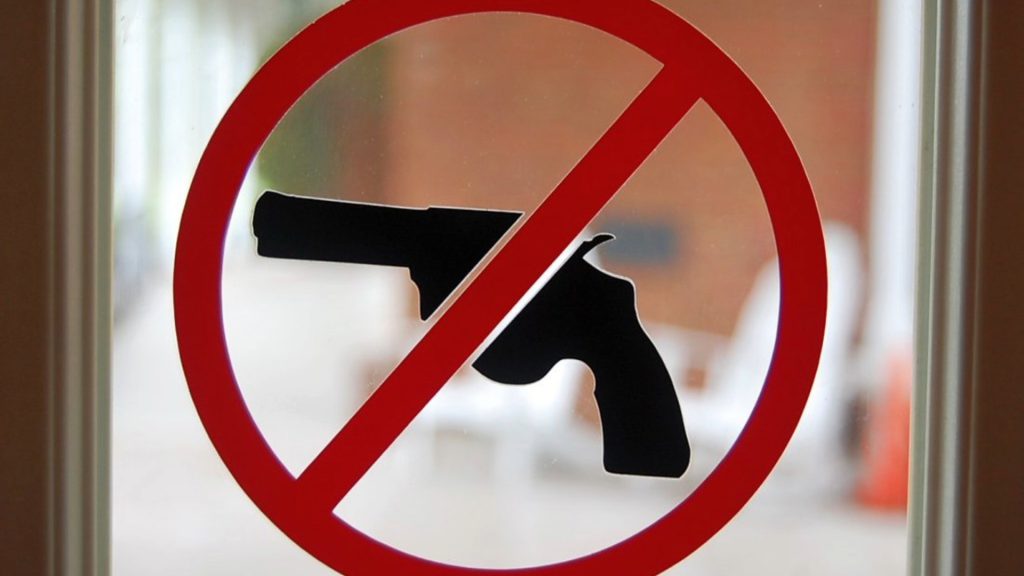
Despite these extensive measures, including a longstanding assault weapons ban and universal background checks, California faced a significant challenge in 2021. The state led the nation in the number of active shooter incidents, raising questions about the effectiveness of further restrictions on gun ownership.
The Debate Surrounding SB 1160
The introduction of SB 1160 has ignited a heated debate among lawmakers, gun rights advocates, and gun control proponents. Supporters of the bill argue that annual registration and fees will enhance accountability and provide a more accurate picture of gun ownership in the state. They believe that this measure will help prevent firearms from falling into the wrong hands.
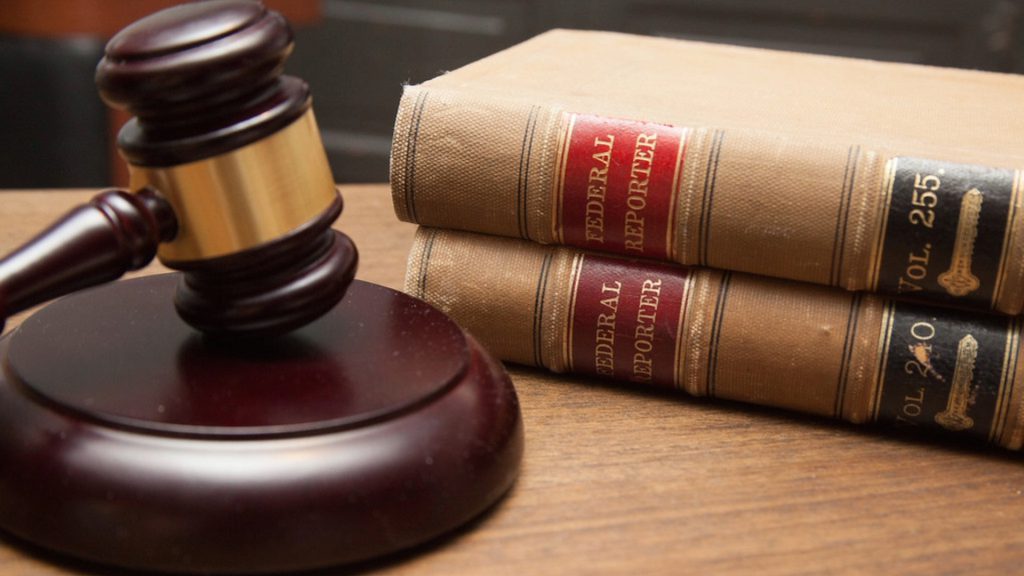
On the other hand, opponents of the bill view it as an infringement on the Second Amendment rights of law-abiding citizens. They argue that the annual registration requirement and associated fees place an undue burden on responsible gun owners and may not effectively address the issue of gun violence. Critics also point to California’s high number of active shooter incidents in 2021 as evidence that stricter gun laws alone may not be the solution.
The Potential Impact On Gun Owners
If SB 1160 is passed and becomes law, it would have a significant impact on gun owners in California. They would be required to register their firearms annually and pay a fee to the state. Failure to comply with the registration requirement could result in penalties and the possession of an unregistered gun would become a punishable infraction.
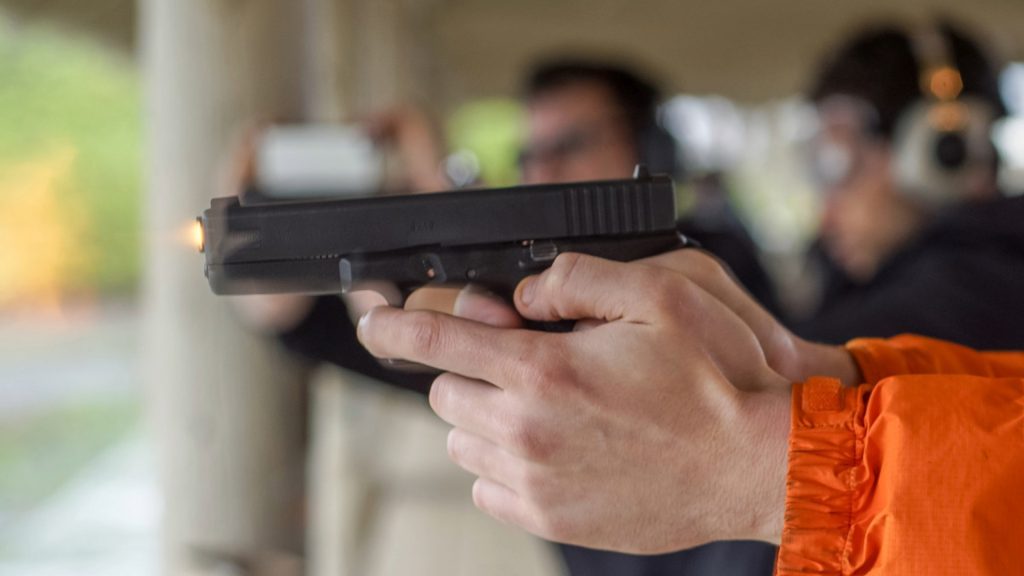
Gun rights advocates argue that this annual registration process would be cumbersome and costly for law-abiding citizens. They raise concerns about the potential for errors and delays in the registration system, which could inadvertently criminalize responsible gun owners. Additionally, some fear that the annual fees could be used as a means to discourage gun ownership altogether.
The Allocation Of Registration Fees
Under SB 1160, the fees collected from the annual gun registration would be deposited into a dedicated fund. This fund would be specifically created to finance the firearm registry program. Proponents argue that these fees are necessary to maintain an accurate and up-to-date database of gun ownership in the state.

However, critics question the transparency and accountability of how these funds will be utilized. They raise concerns about the potential misuse of the collected fees and whether they will be effectively allocated toward the intended purpose of maintaining the firearm registry program. Opponents also argue that the fees place an additional financial burden on gun owners.
The Consequences Of Unregistered Guns
SB 1160 aims to make the possession of an unregistered gun a punishable infraction, creating a new local program to enforce this provision. Supporters believe that this measure will encourage compliance with the annual registration requirement and deter individuals from possessing unregistered firearms.

However, opponents argue that this provision could lead to the criminalization of otherwise law-abiding citizens who may inadvertently fail to register their guns on time. They raise concerns about the potential for selective enforcement and the disproportionate impact on certain communities. Critics also question the effectiveness of this measure in reducing gun violence, given that criminals are unlikely to comply with registration requirements.
Comparing California’s Gun Laws To Other States
California’s gun laws are already considered among the most stringent in the nation. The state has implemented a wide range of measures, including waiting periods, universal background checks, and an assault weapons ban. Everytown for Gun Safety, a prominent gun control advocacy group, has rated California as having the strongest gun laws in the country.

However, despite these strict regulations, California faced a significant challenge in 2021 when it led the nation in the number of active shooter incidents. This statistic has raised questions about the effectiveness of further restrictions on gun ownership in reducing gun violence. Critics argue that California’s experience suggests that stricter gun laws alone may not be sufficient to address the complex issue of gun violence.
The Argument For Annual Registration
Proponents of SB 1160 argue that annual gun registration is a necessary step towards enhancing accountability and providing a more accurate picture of gun ownership in California. They believe that regular registration will help prevent firearms from falling into the wrong hands and assist law enforcement in tracking guns used in crimes.

Supporters also contend that the fees associated with annual registration are a reasonable requirement to fund the maintenance of the firearm registry program. They argue that responsible gun owners should be willing to bear this cost to ensure the safety and well-being of their communities. Proponents emphasize that the bill aims to strike a balance between protecting public safety and respecting the rights of law-abiding gun owners.
The Argument Against Annual Registration
Opponents of SB 1160 view the annual registration requirement and associated fees as an infringement on the Second Amendment rights of law-abiding citizens. They argue that responsible gun owners should not be subjected to additional bureaucratic hurdles and financial burdens to exercise their constitutional rights.
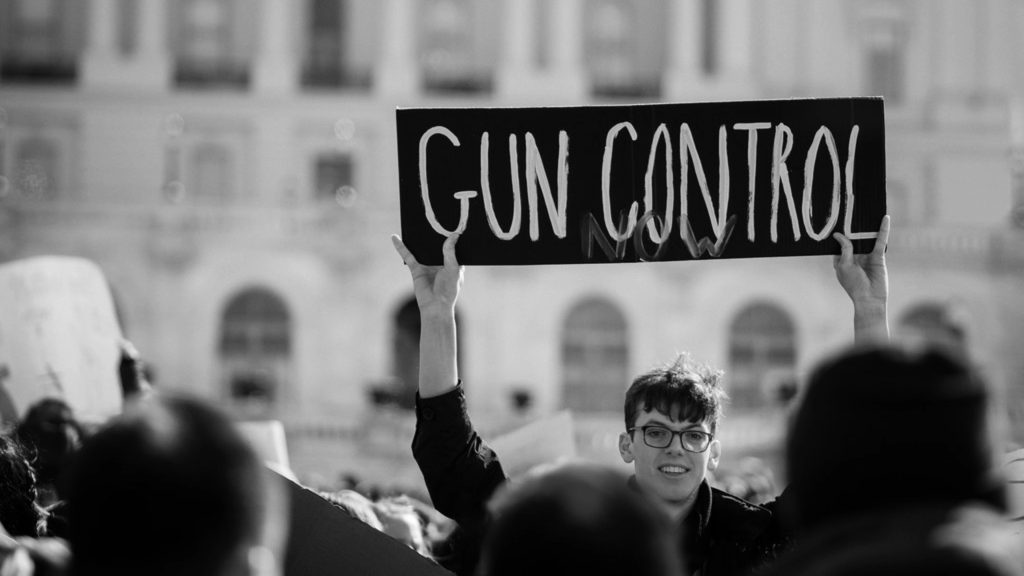
Critics also question the effectiveness of annual registration in reducing gun violence. They point out that criminals are unlikely to comply with registration requirements, rendering the system ineffective in preventing crime. Opponents argue that the resources spent on maintaining the annual registration system could be better allocated toward addressing the root causes of gun violence, such as mental health issues and social inequality.
The Potential Unintended Consequences
Opponents of SB 1160 warn of potential unintended consequences that may arise from the implementation of annual gun registration and fees. They argue that the measure could inadvertently criminalize law-abiding citizens who may face difficulties navigating the registration process or affording the annual fees.
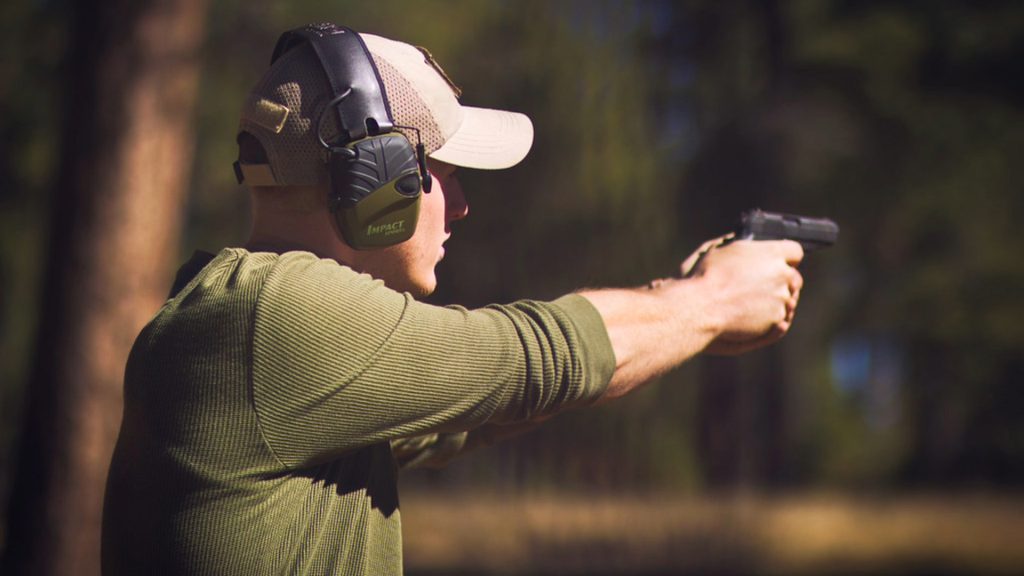
Critics also raise concerns about the potential for the annual registration system to be used as a means of tracking and targeting gun owners. They fear that the collected information could be vulnerable to data breaches or misuse by government officials. Opponents argue that such unintended consequences could erode public trust and infringe upon the privacy rights of gun owners.
The Divisive Nature Of The Gun Control Debate
The introduction of SB 1160 has further highlighted the divisive nature of the gun control debate in California and across the United States. Supporters and opponents of the bill hold strong and often polarizing views on the role of government in regulating gun ownership and the balance between public safety and individual rights.

The debate surrounding SB 1160 reflects the broader national discourse on gun control, where finding common ground has proven challenging. Both sides present compelling arguments, but the path forward remains unclear. As California lawmakers consider the proposed legislation, they will need to navigate the complex web of competing interests and ideologies.
The Importance Of Comprehensive Solutions
While SB 1160 aims to address gun violence through annual registration and fees, many experts argue that a comprehensive approach is necessary to tackle this complex issue effectively. They emphasize the need for a multi-faceted strategy that goes beyond gun control measures and addresses the underlying factors that contribute to gun violence.

Advocates for comprehensive solutions stress the importance of investing in mental health services, community outreach programs, and education initiatives. They argue that by addressing the root causes of gun violence, such as poverty, lack of opportunities, and social isolation, we can create safer communities and reduce the likelihood of tragic incidents.
The Need For Constructive Dialogue
As California lawmakers deliberate on SB 1160 and other gun control measures, there is a growing recognition of the need for constructive dialogue between all stakeholders. Supporters and opponents of the bill must engage in good-faith discussions to find common ground and develop solutions that prioritize public safety while respecting individual rights.

Fostering a culture of open and respectful communication is crucial to making progress on the issue of gun violence. By listening to diverse perspectives, acknowledging the complexity of the problem, and working together towards a shared goal of safer communities, Californians can pave the way for meaningful and effective solutions.

